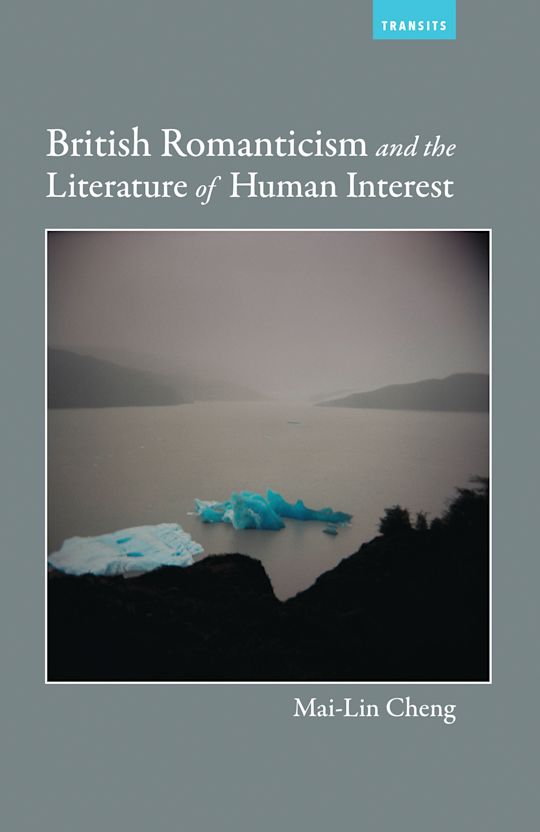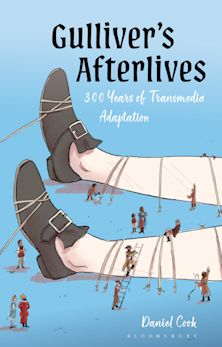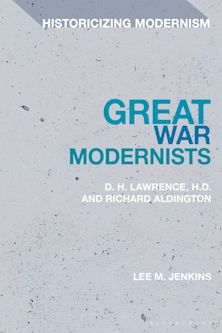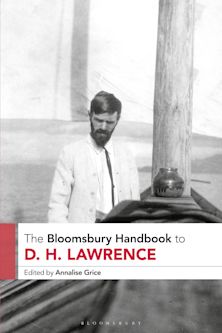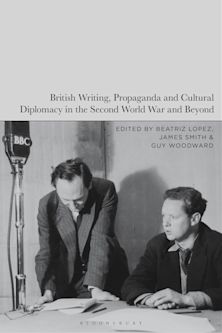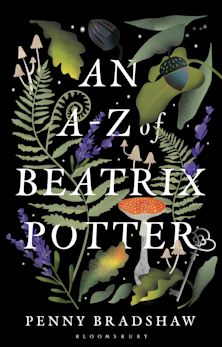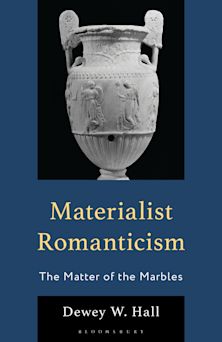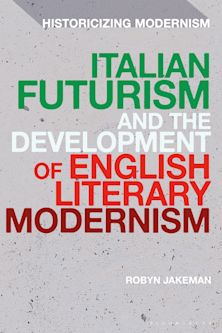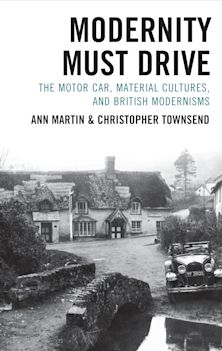- Home
- ACADEMIC
- Literary Studies
- British and Irish Literature
- British Romanticism and the Literature of Human Interest
British Romanticism and the Literature of Human Interest
You must sign in to add this item to your wishlist. Please sign in or create an account
Description
British Romanticism and the Literature of Human Interest explores the importance to Romantic literature of a concept of human interest. It examines a range of literary experiments to engage readers through subjects and styles that were at once "interesting" and that, in principle, were in their "interest." These experiments put in question relationships between poetry and prose; lyric and narrative; and literature and popular media. The book places literary works by a range of nineteenth-century writers including William and Dorothy Wordsworth, Thomas De Quincey, Samuel Taylor Coleridge, Mary and Percy Shelley, Lord Byron, and Matthew Arnold into dialogue with a variety of non-literary and paraliterary forms ranging from newspapers to footnotes. The book investigates the generic structures of Romantic literature and the negotiation of the status of literature in the period in relation to a new media landscape. It explores the self-theorization of Romantic literature and argues for its value to contemporary literary criticism.
Table of Contents
Chapter 1: Traces of Human Interest
Chapter 2: Seaching Stories Chapter 3: Intimate Interests Chapter 4: Byron’s Interruption Chapter 5: Romantic Ends Bibliography
Index
About the Author
Product details
| Published | Dec 22 2017 |
|---|---|
| Format | Ebook (PDF) |
| Edition | 1st |
| Extent | 206 |
| ISBN | 9781611489989 |
| Imprint | Bucknell University Press |
| Series | Transits: Literature, Thought & Culture, 1650–1850 |
| Publisher | Bloomsbury Publishing |
About the contributors
Reviews
-
Important and novel ... British Romanticism and the Literature of Human Interest shows convincingly that the topic of human interest, while it frequently comprises the content and orientation of a given text, more often animates its paratextual apparatus (title, preface, footnotes, marginal comments, letters written during composition of the text). That is, the question of human interest … is for Romantic writers primarily a formal matter played out in paratextual discussions of how best to depict a “human” envisioned as strengthening our humanity.
Julie A. Carlson, University of California, Santa Barbara









